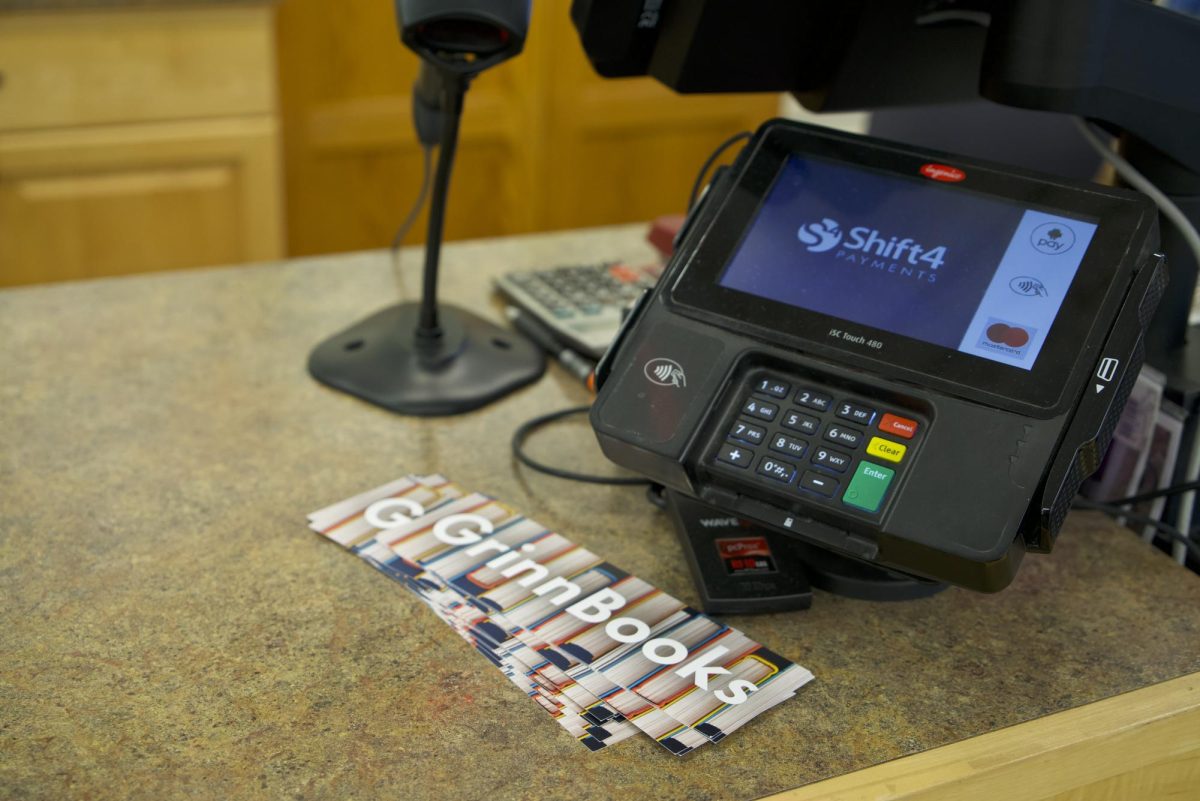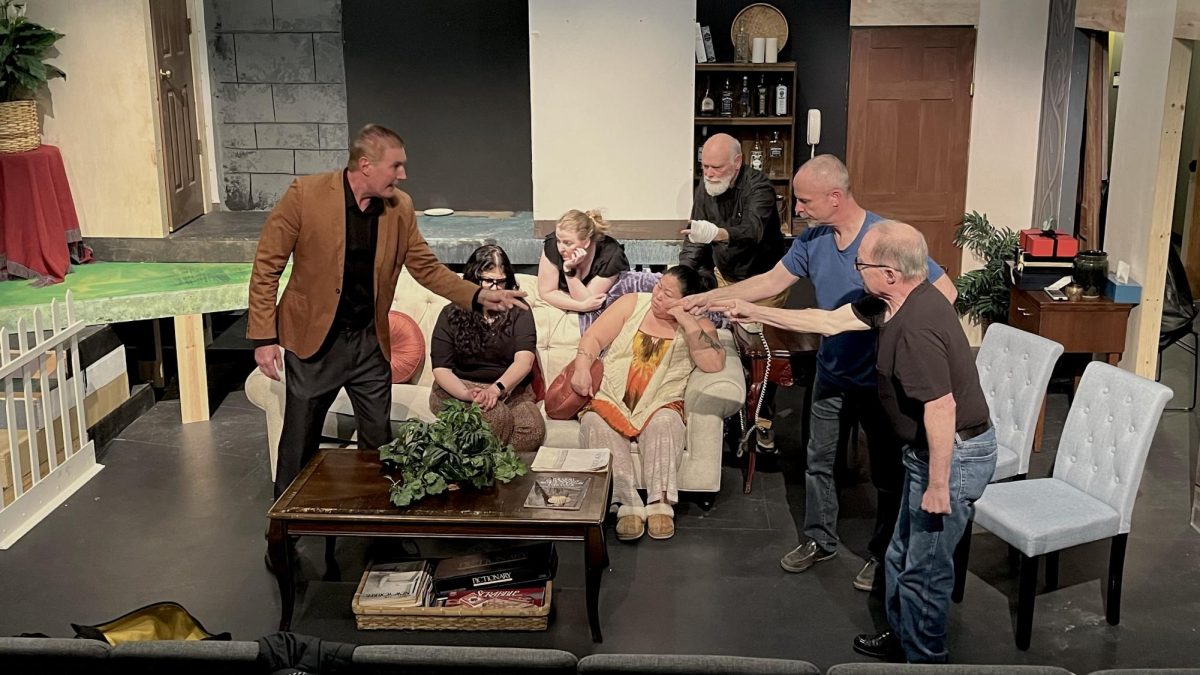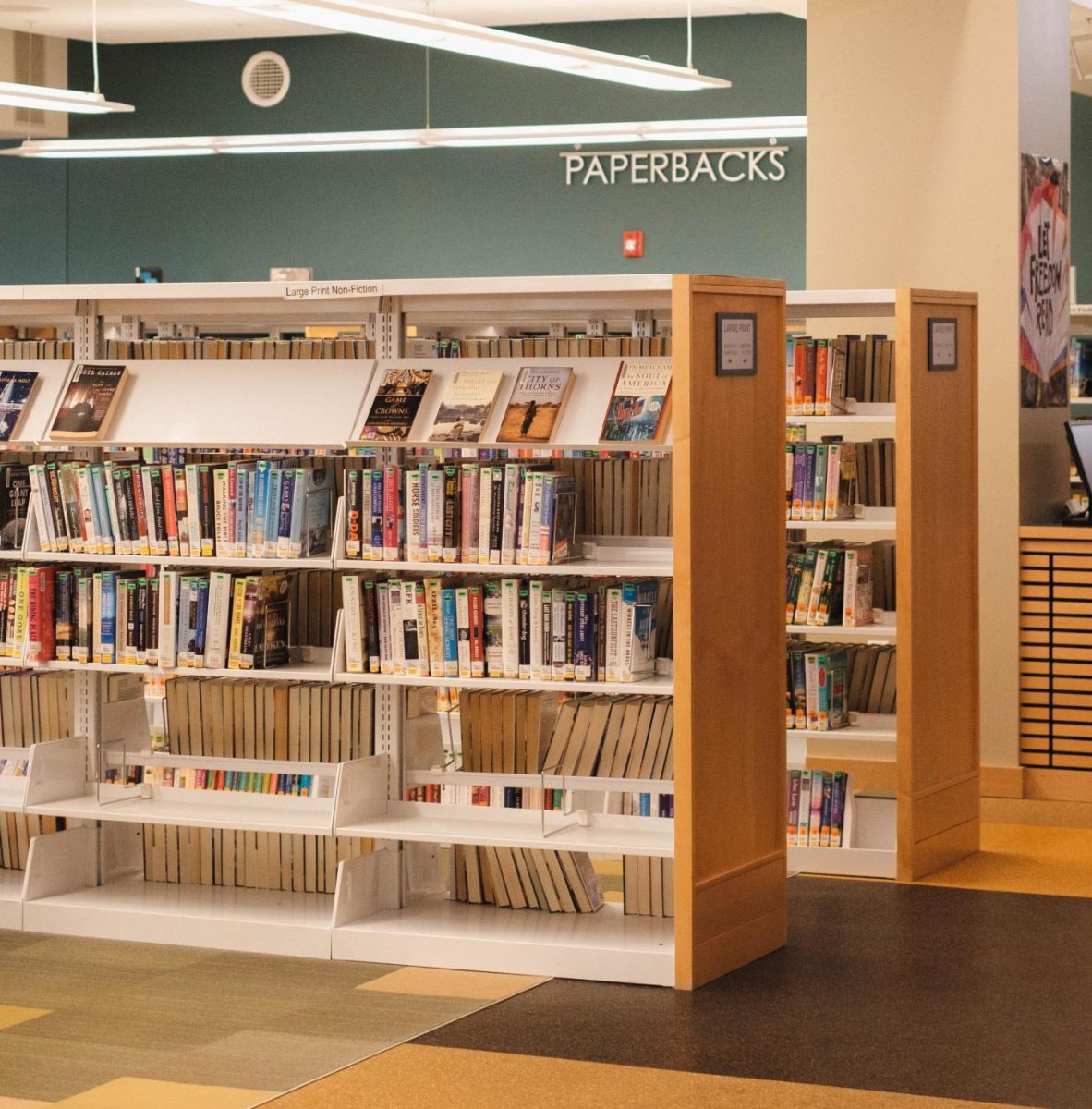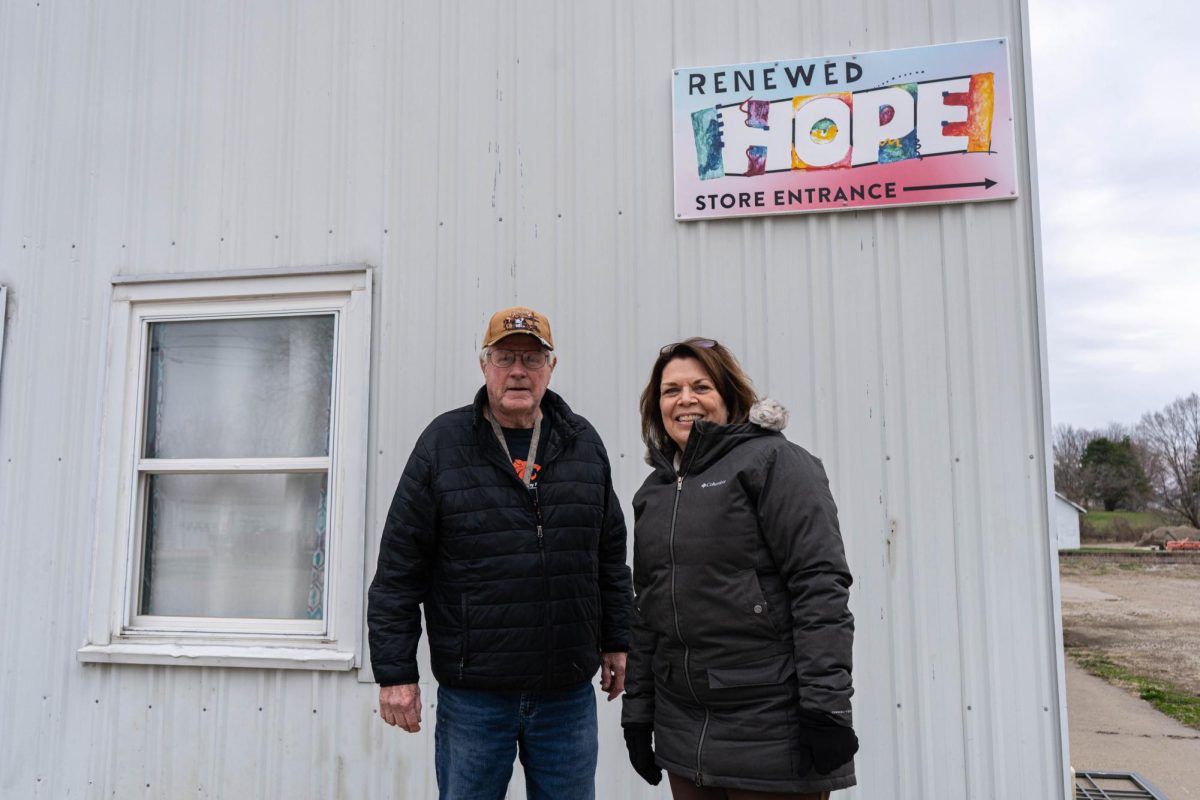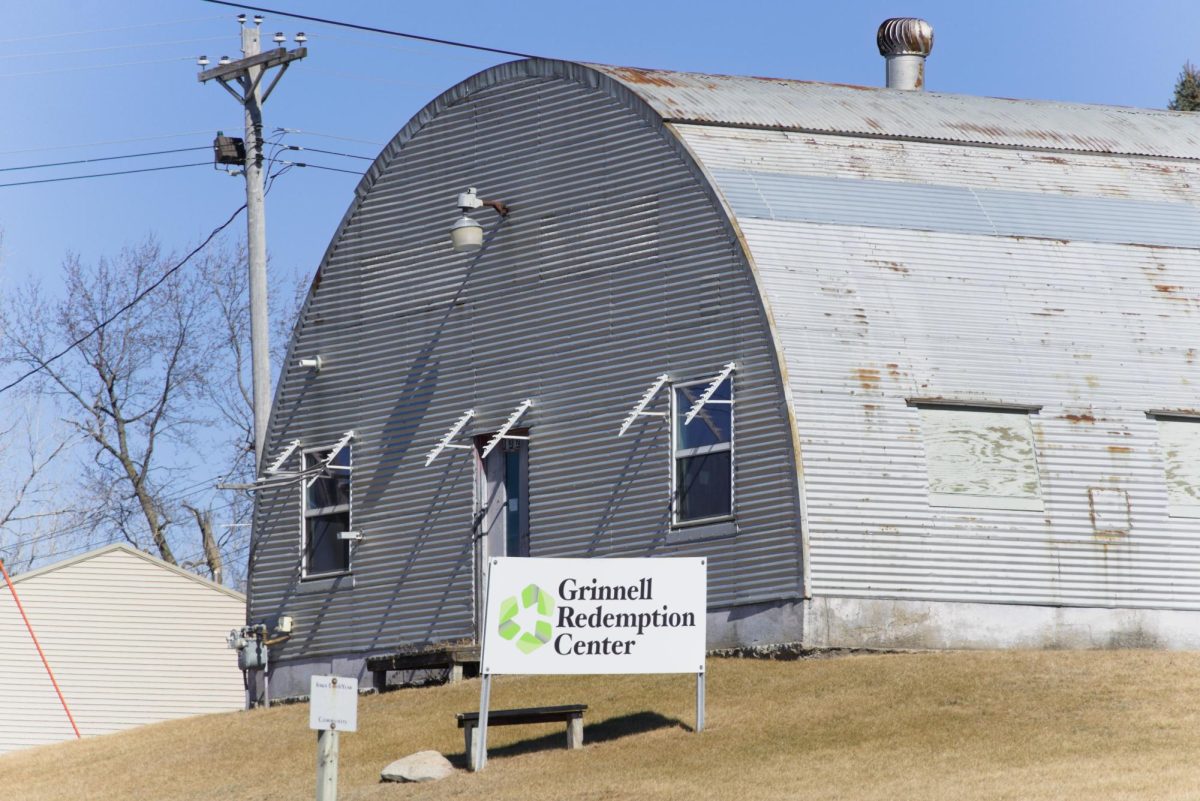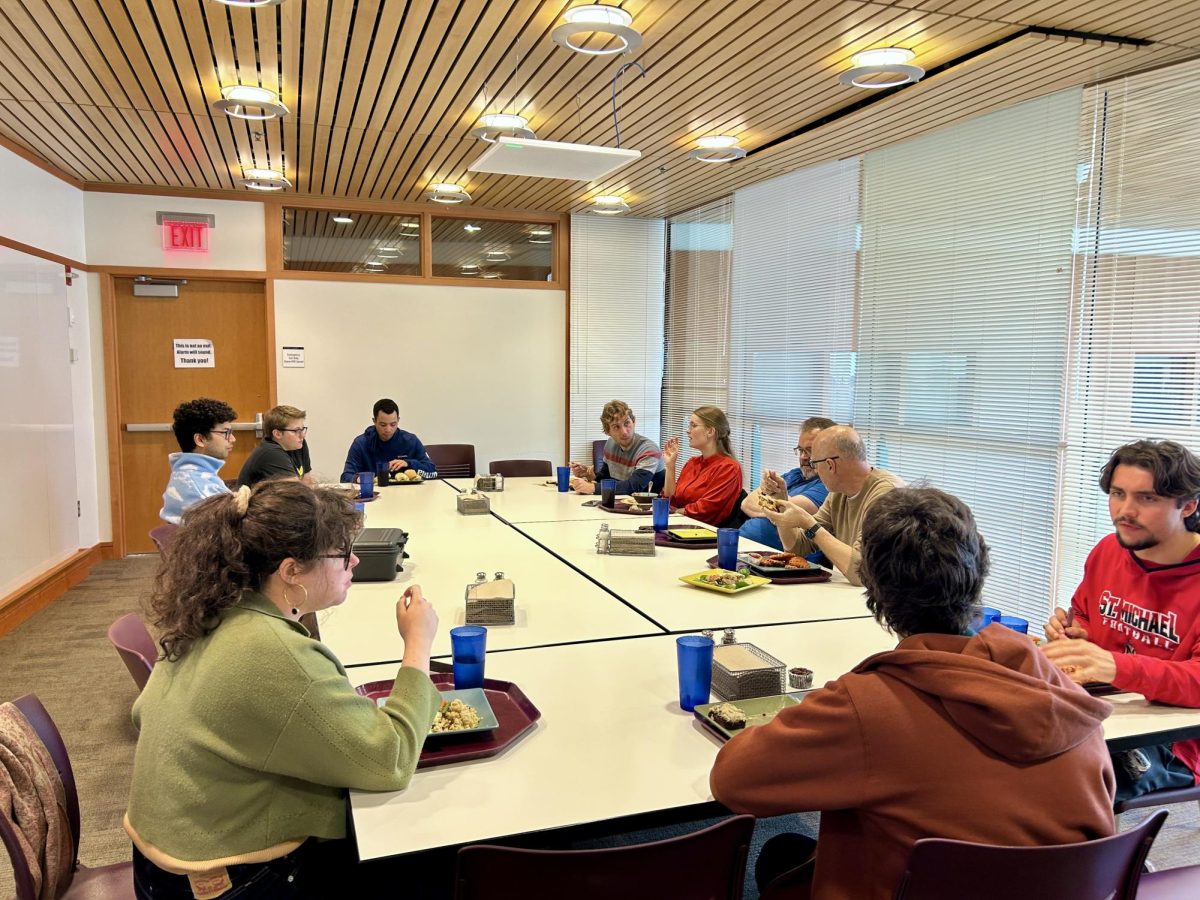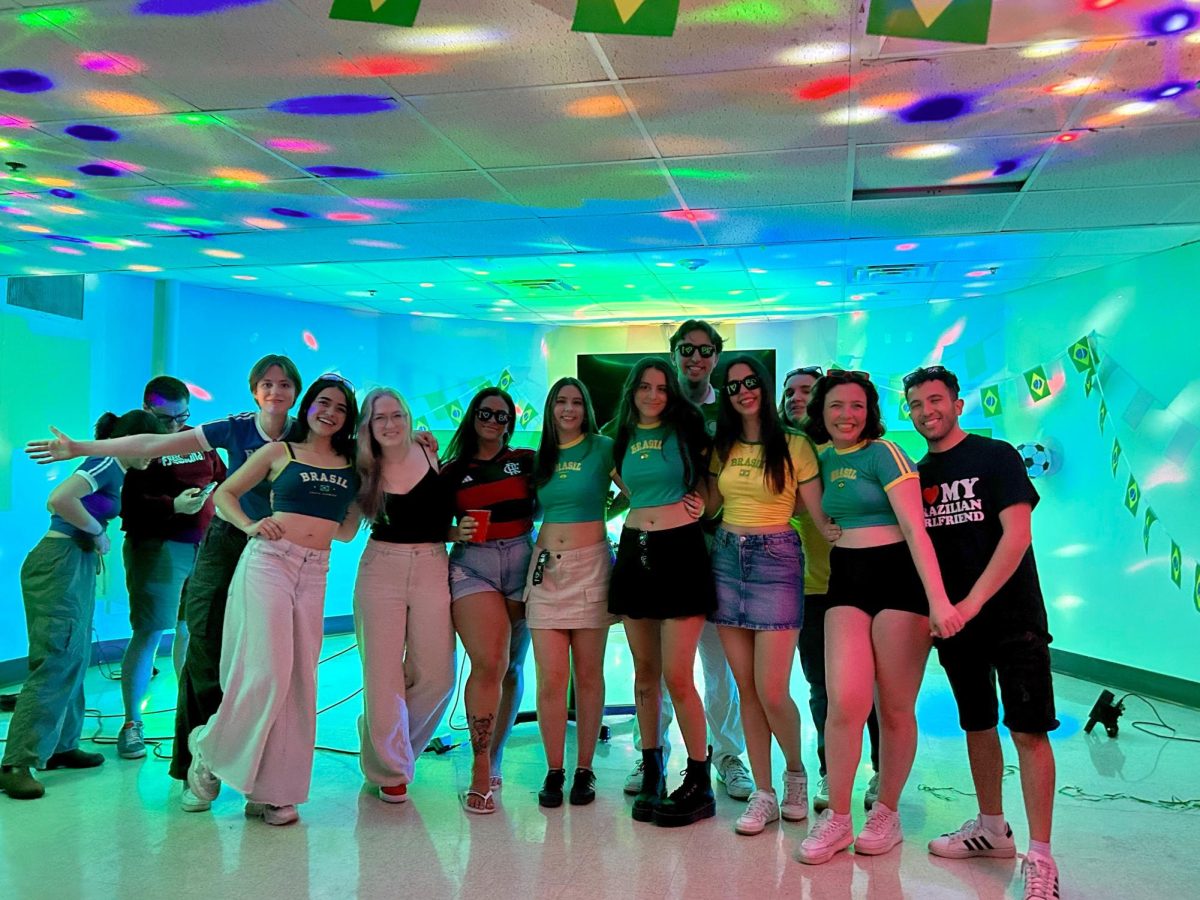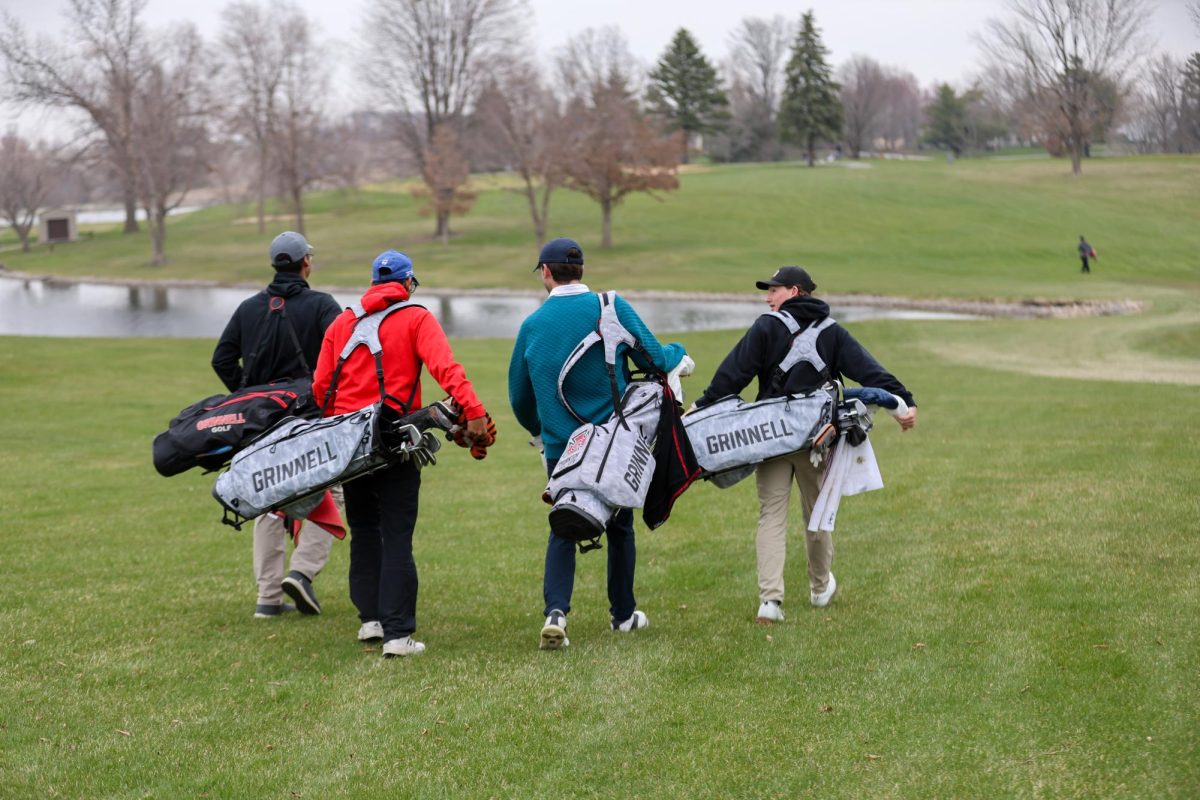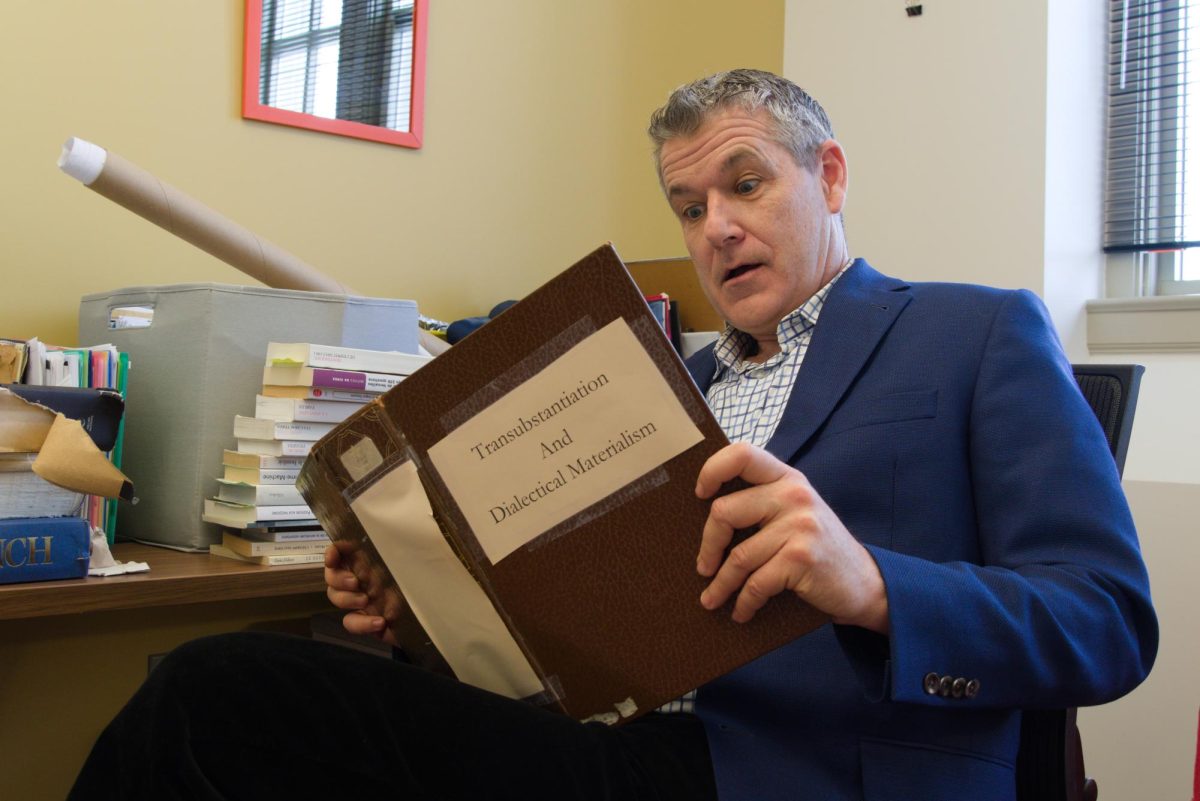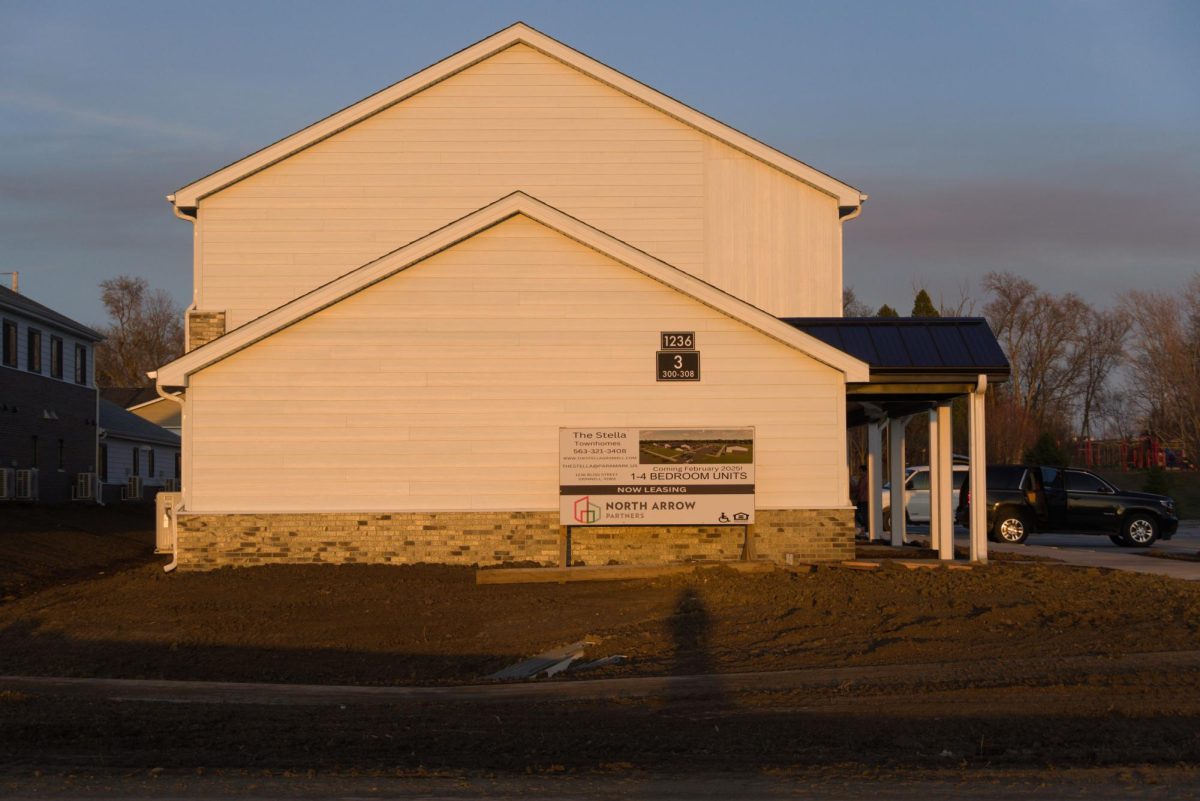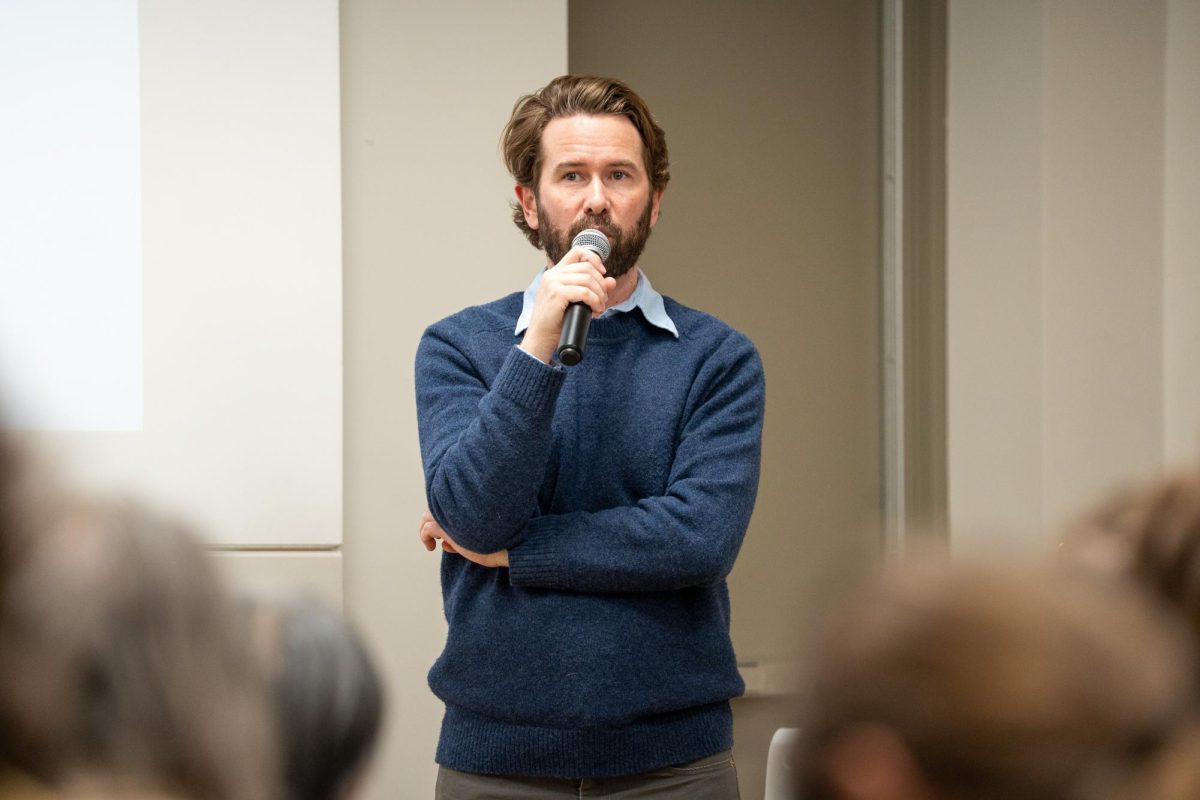Though two state-level bills targeting public libraries failed to pass the second Iowa Legislative funnel deadline on April 4, staff members at Drake Community Library in Grinnell are still awaiting the effects of federal efforts to disband the Institute of Museum and Library Services (IMLS).
The two bills, House Files 880 and 274, did not advance further into the legislative session and are now effectively considered dead. HF880 would have restricted access to funding from Enrich Iowa, a state-funded library aid program, for libraries paying dues to advocacy organizations like the American Library Association (ALA) or Iowa Library Association (ILA), while HF 274 aimed to end libraries’ exemption from Iowa’s obscenity law.
Mallory Snow, assistant director at Drake Community Library, said that she and other library staff members will continue to watch for similar legislation in the future.
“It’s disheartening to know that there’s anti-library legislation, especially when it’s in your own state,” Snow said. “We were fortunate enough that legislators listened to their constituents and to all of the people that reached out to them about those bills, so they didn’t end up going through, but it doesn’t mean they’re not going to be proposed again.”
Representative Dean Fisher (R-Montour), who represents Grinnell, was publicly supportive of HF880 in a letter to the editor of the Grinnell Herald-Register on March 20, writing, “Over the years these organizations, like so many others, have been taken over by Democrat-leaning political interests that push their own ideologies that are not in line with Iowa values, and they are doing so using dues paid for by taxpayers.”
Both Snow and Karen Neal, the library’s director, are members of the ALA, and Snow said that so are the majority of the library’s staff. She added that the library would have continued to fund these memberships even if HF880 had advanced.
In the event of future legislation targeting libraries, Snow said, “We’re going to keep trying to serve the community the best we can with what we have, and if we’re told that we have to do things differently, we’ll look at that when or if it happens.”
While this legislative session no longer presents state-level challenges to libraries, federal funding is still at risk. On March 14, President Donald Trump signed an executive order that identified the IMLS among seven federal entities that would be eliminated or have their functioning and personnel severely reduced. On March 20, President Trump appointed Deputy Secretary of Labor Keith E. Sonderling as the acting director of the IMLS.
In response, the attorneys general of 21 states filed a lawsuit on April 4 in an attempt to challenge and prevent further change to the IMLS. Just four days later, the ALA and the American Federation of State, County and Municipal Employees filed a similar lawsuit.
Though local libraries like Drake don’t receive any direct federal funding, under the Library Services and Technology Act, federal grants are given to the State Library of Iowa through the IMLS that are then used to support various services and programs for Iowa’s public libraries.
“Repercussions will trickle down to local communities and local libraries,” Snow said.
She cited several programs that are supported by the State Library, including professional development services for library employees, as well as online materials programs like Libby, OverDrive and Bridges eLibrary. IMLS funds also support interlibrary loan programs that allow libraries to share physical materials with one another, like the State of Iowa Libraries Online (SILO) and Iowa Shares.
“It would really, really impact our ability to offer interlibrary loan, to offer a good collection on OverDrive. We’ve got a pretty good collection, but the reality is that our budget for e-books and eAudiobooks is a lot smaller than the state library can provide for the entire state,” she said. “That would be really disappointing. I think people would be really frustrated by that.”
The State Library also gives Drake access to WhoFi, a software that the library uses to manage their events calendar and room bookings and to view analytics related to WiFi use.
“There are a lot of really, really good things that are part of WhoFi and we utilize almost all of them. It would just go away, or we would have to find somewhere in our budget that we could pay for it,” Snow said.
For now, Snow and other Drake Community Library staff members are waiting to see which programs the State Library will continue to support — and watching for the results of the recently filed lawsuits.
“Because [these programs] are something that we’re able to take advantage of due to the state library, we kind of have to wait and see how they are going to respond to it and if they’re going to try to receive funding from other sources to make up that deficit,” she said.
Nonetheless, Snow said, “Libraries and the people who work in them are resourceful. We’re always looking for ways to do more with less.”




